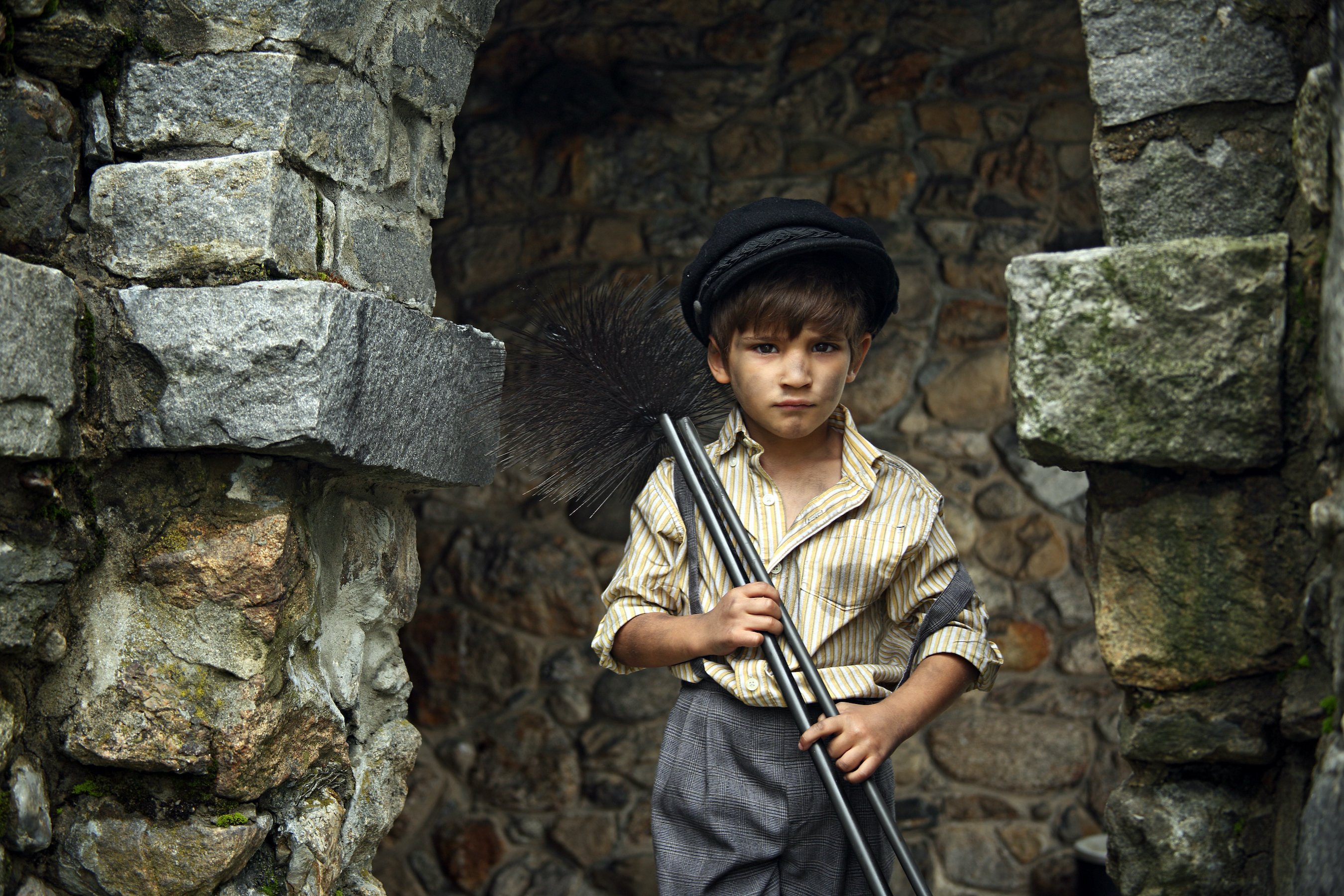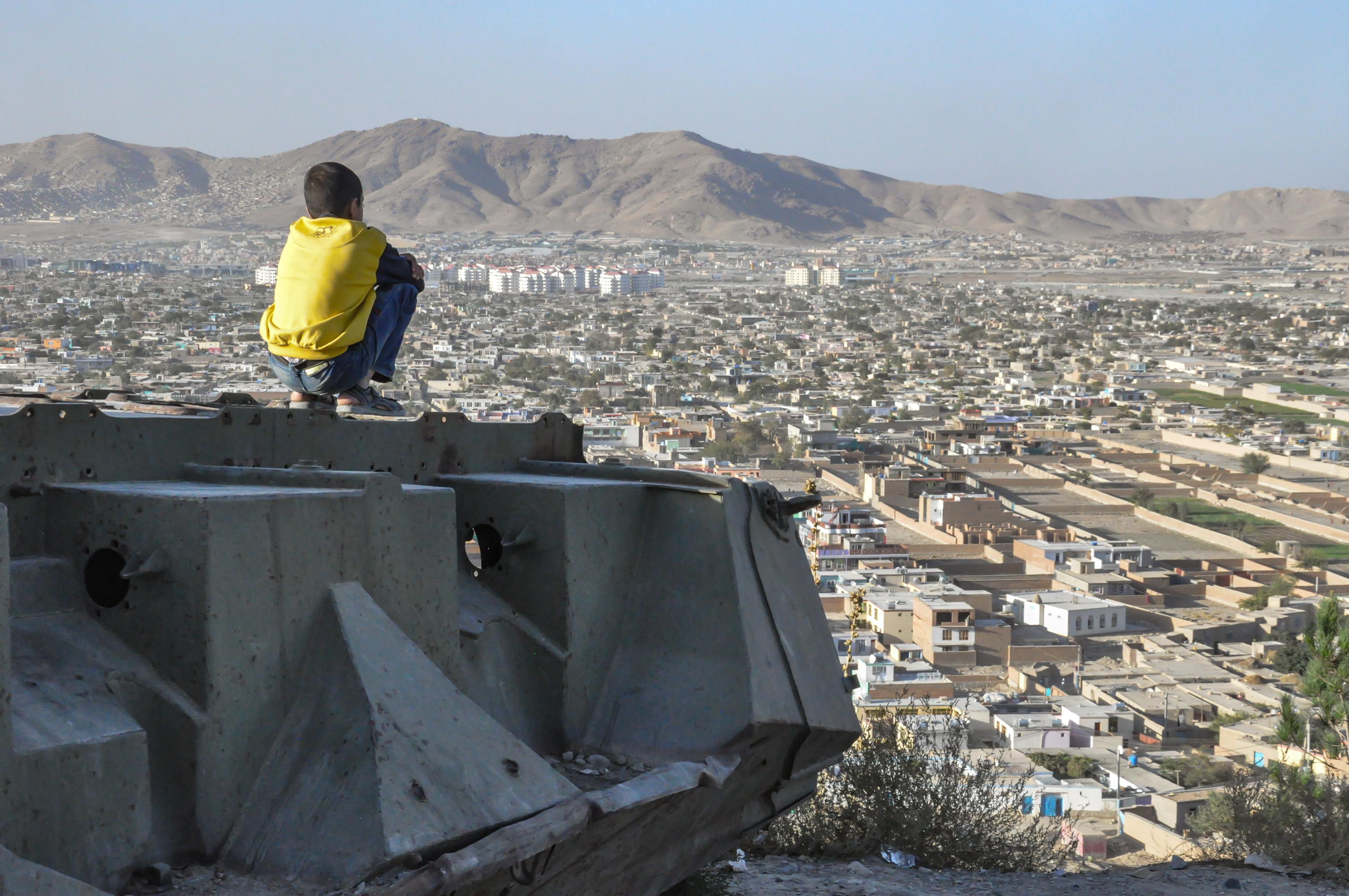I’m interested in thinking about how literature interacts with questions of social justice, social responsibility and the law. I also focus on how literature thinks about resolutions to social problems. I do this by thinking about genres of literature, epics, tragedies and, especially, Bildungsroman.
How literature responds to real problems and works through imaginative solutions is attached to the story form of particular genres. Story forms are conventional. They are centred upon a set of expectations about how stories unfold and proceed as well as what they mean and what they discuss. Because of these conventional forms, readers have a set of expectations and they learn how to think about particular types of problems.


